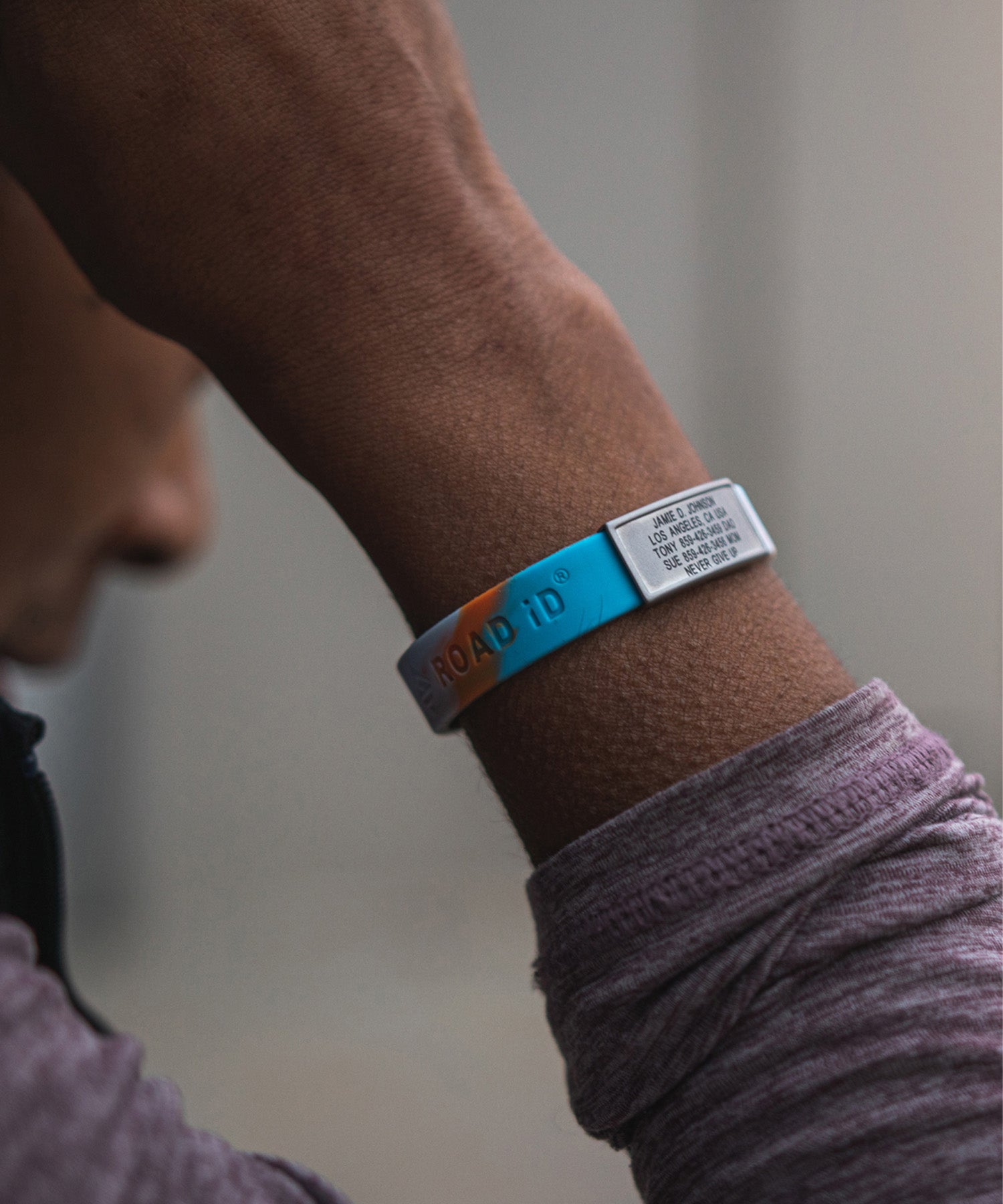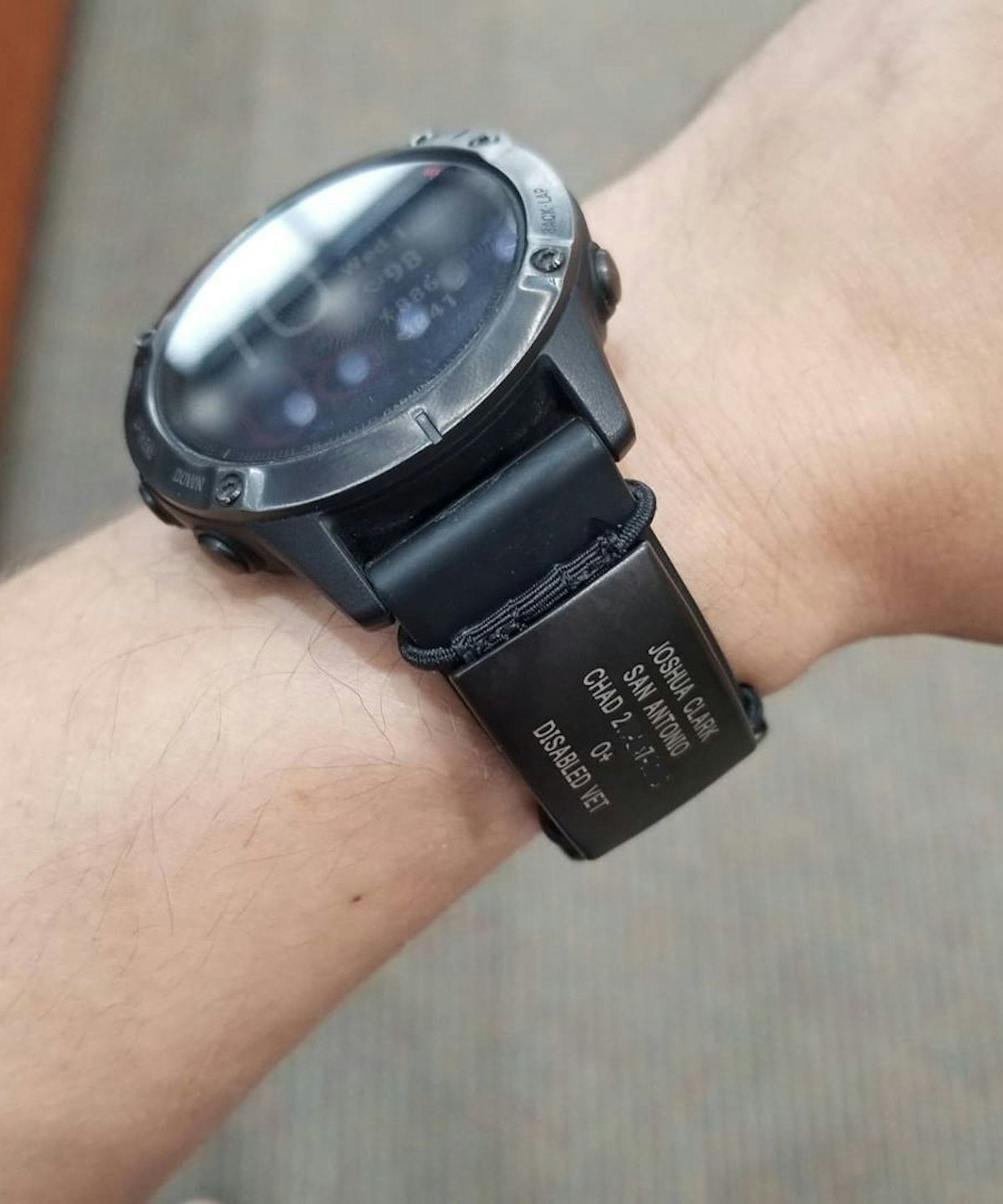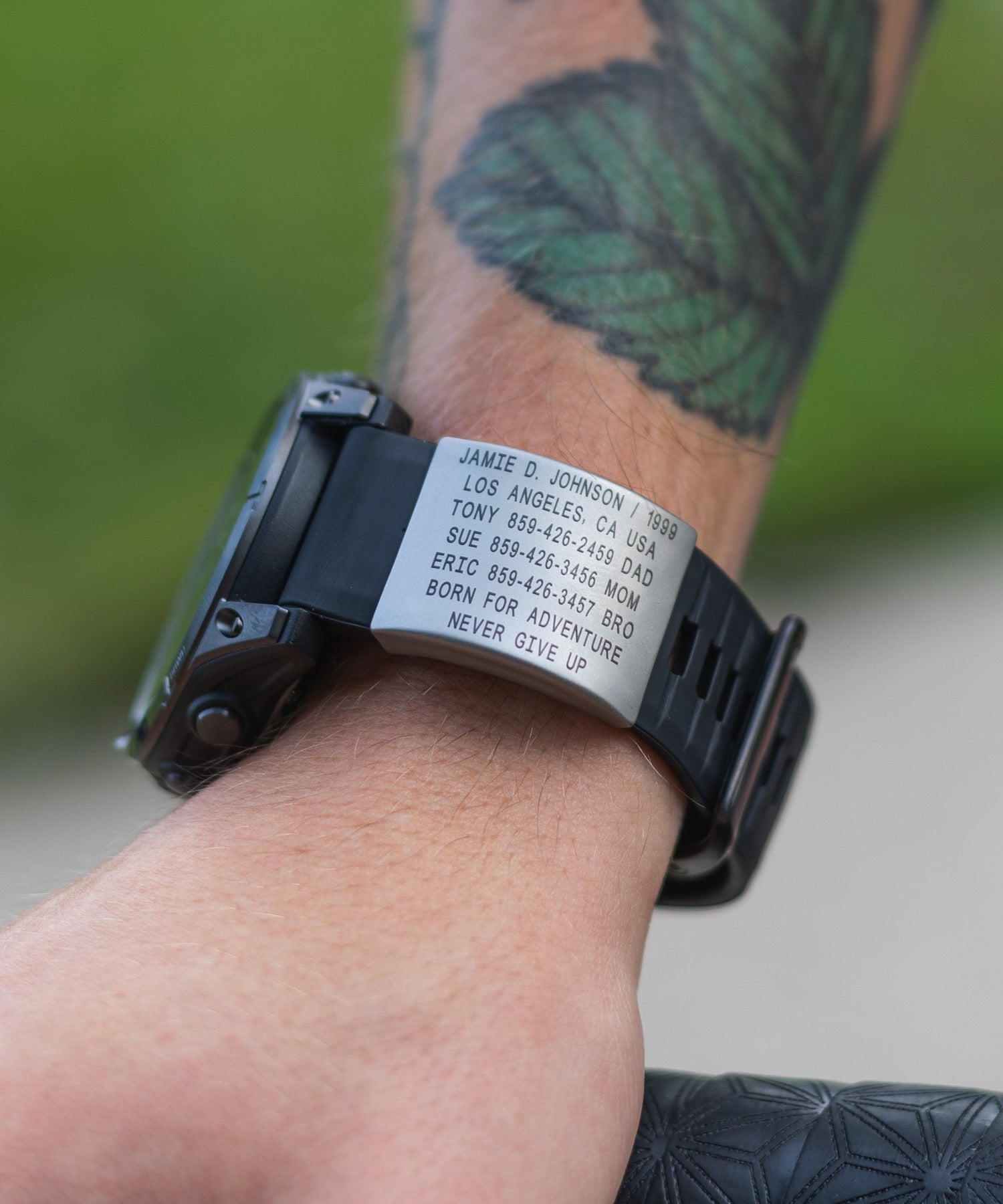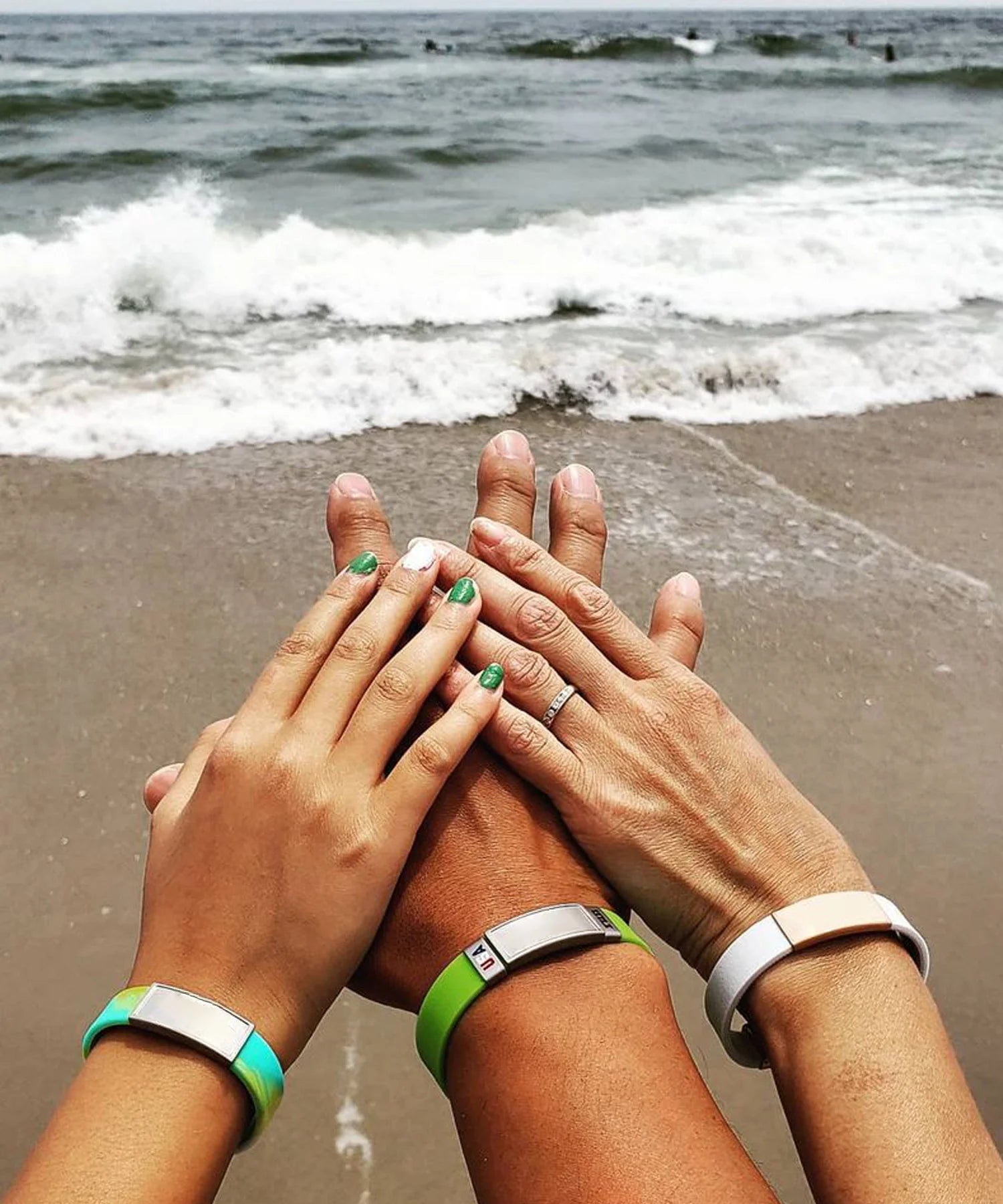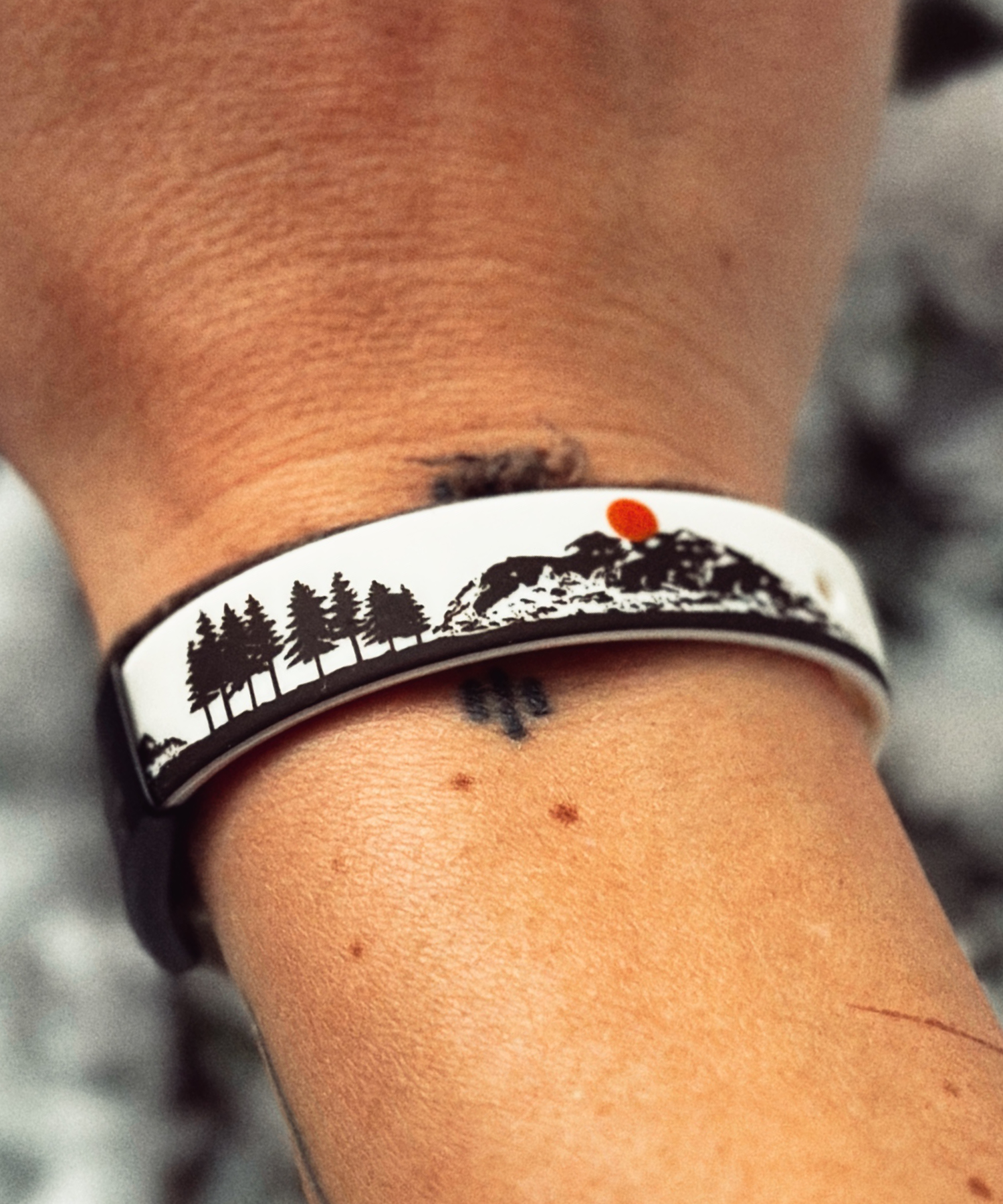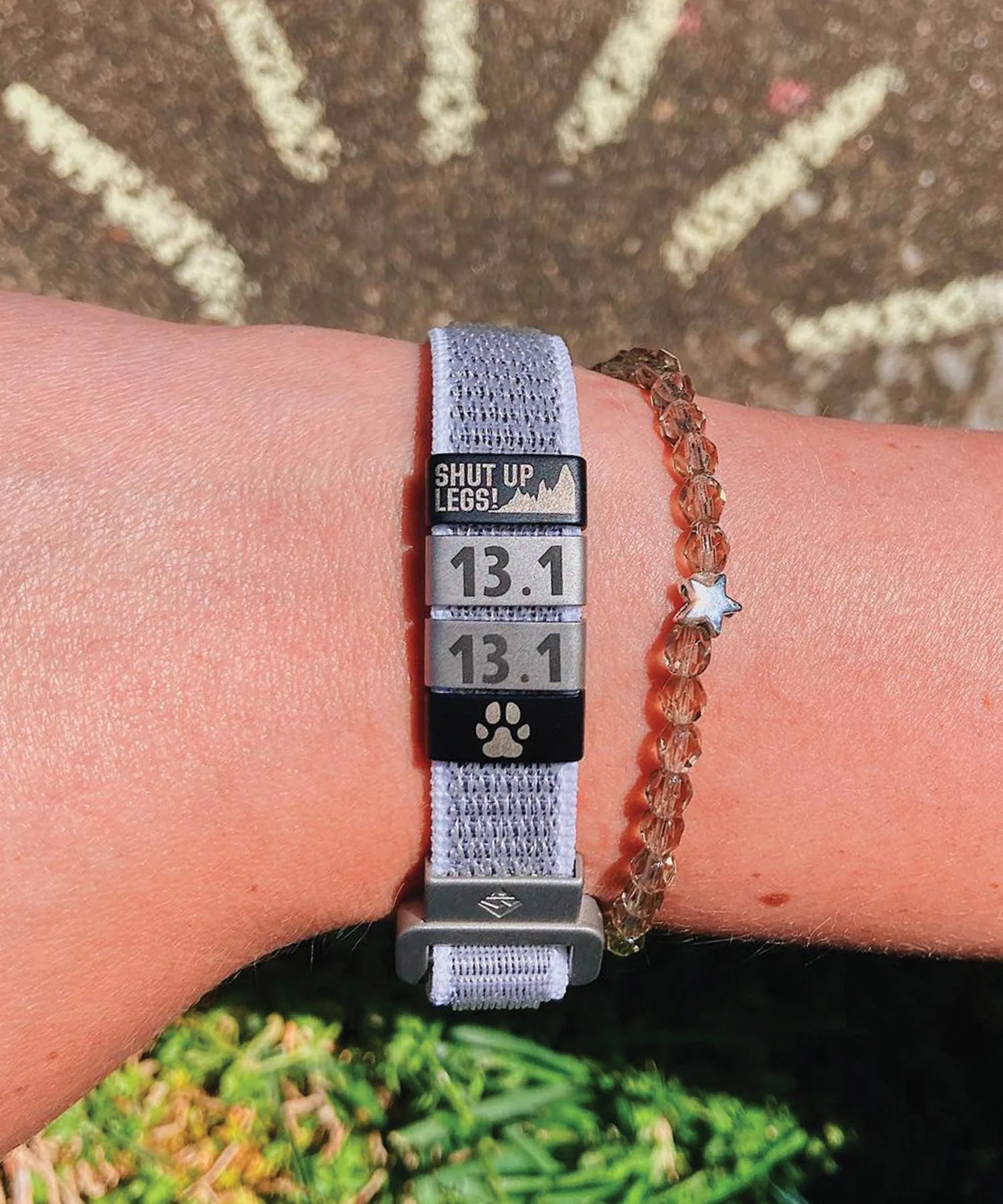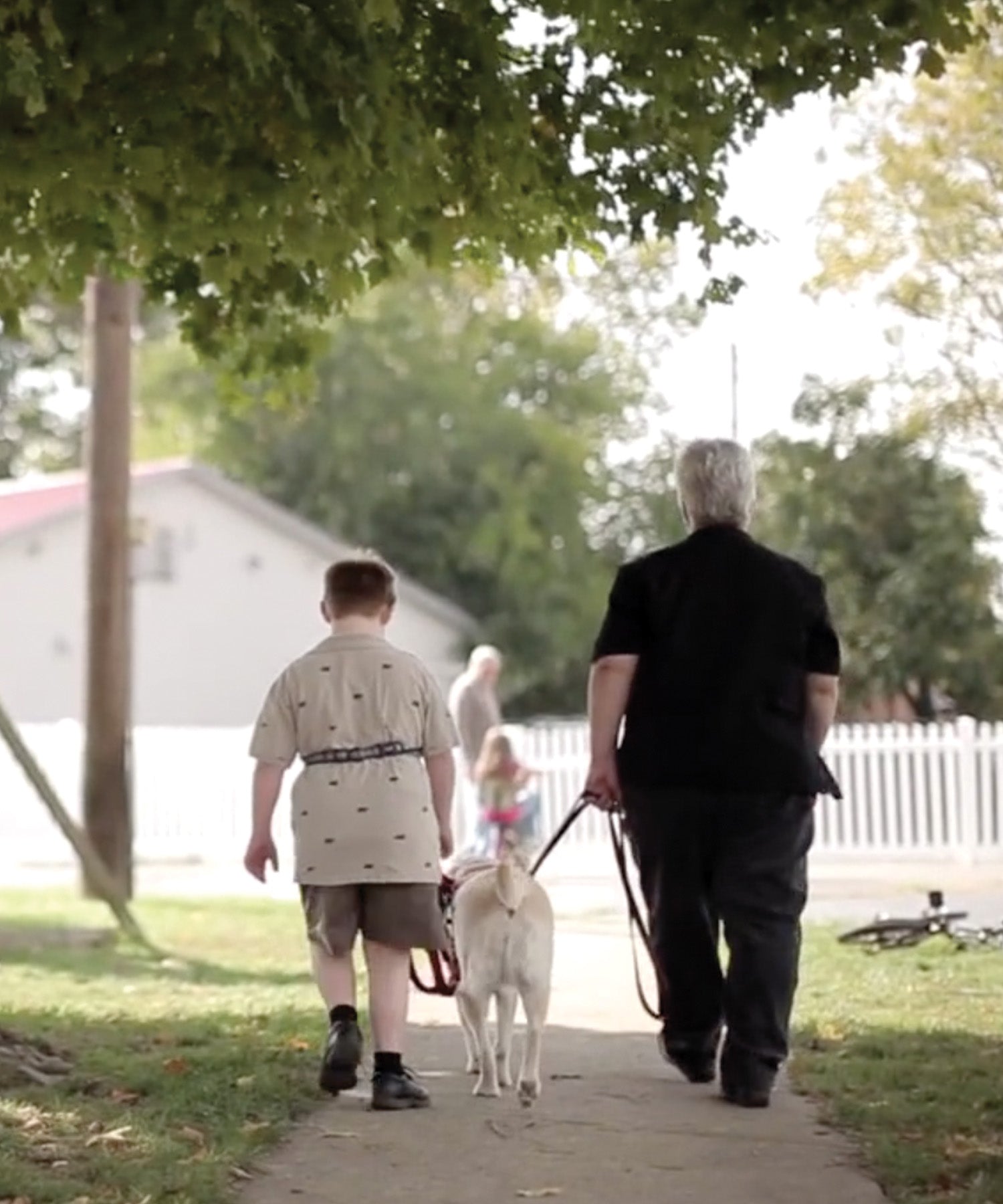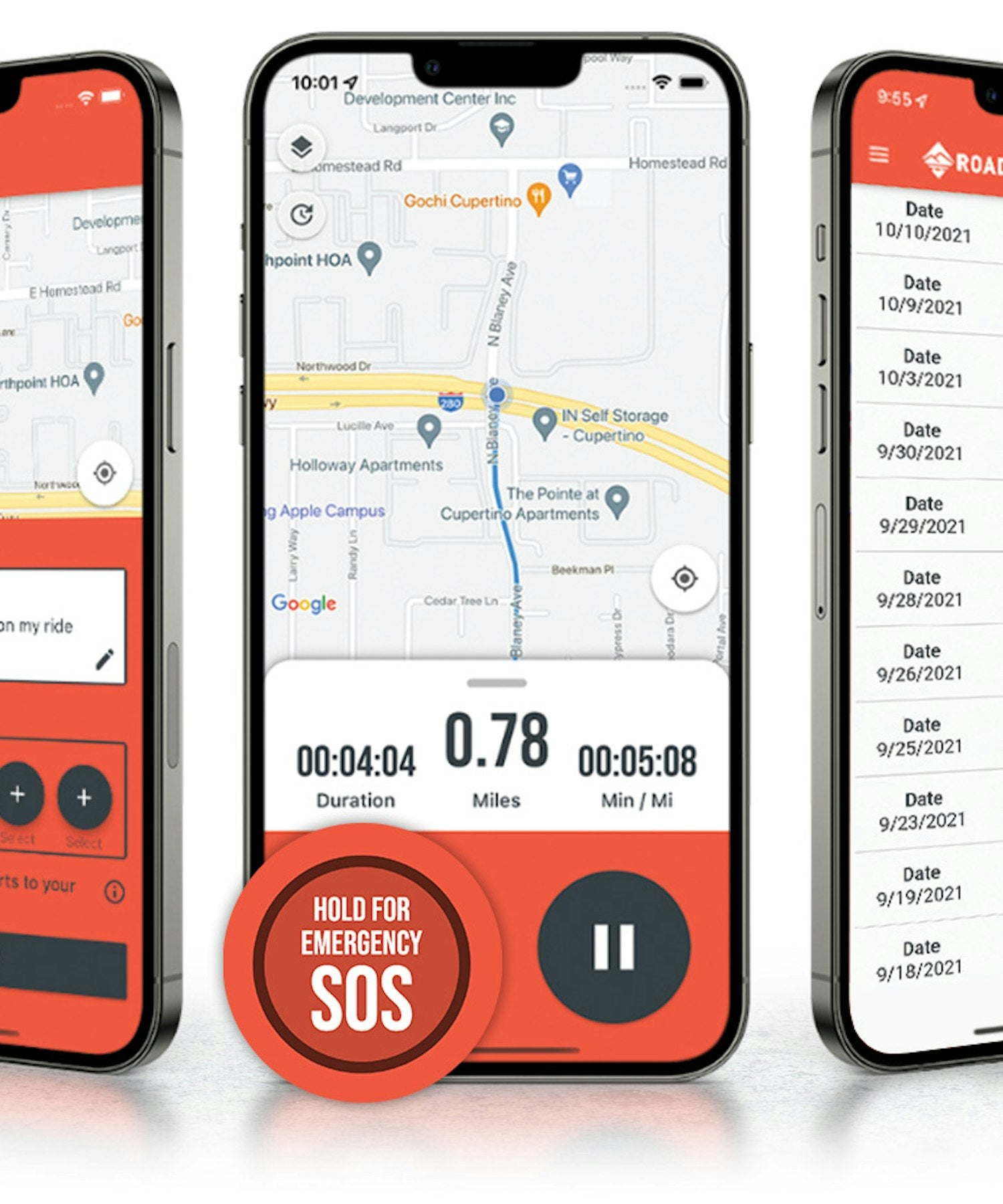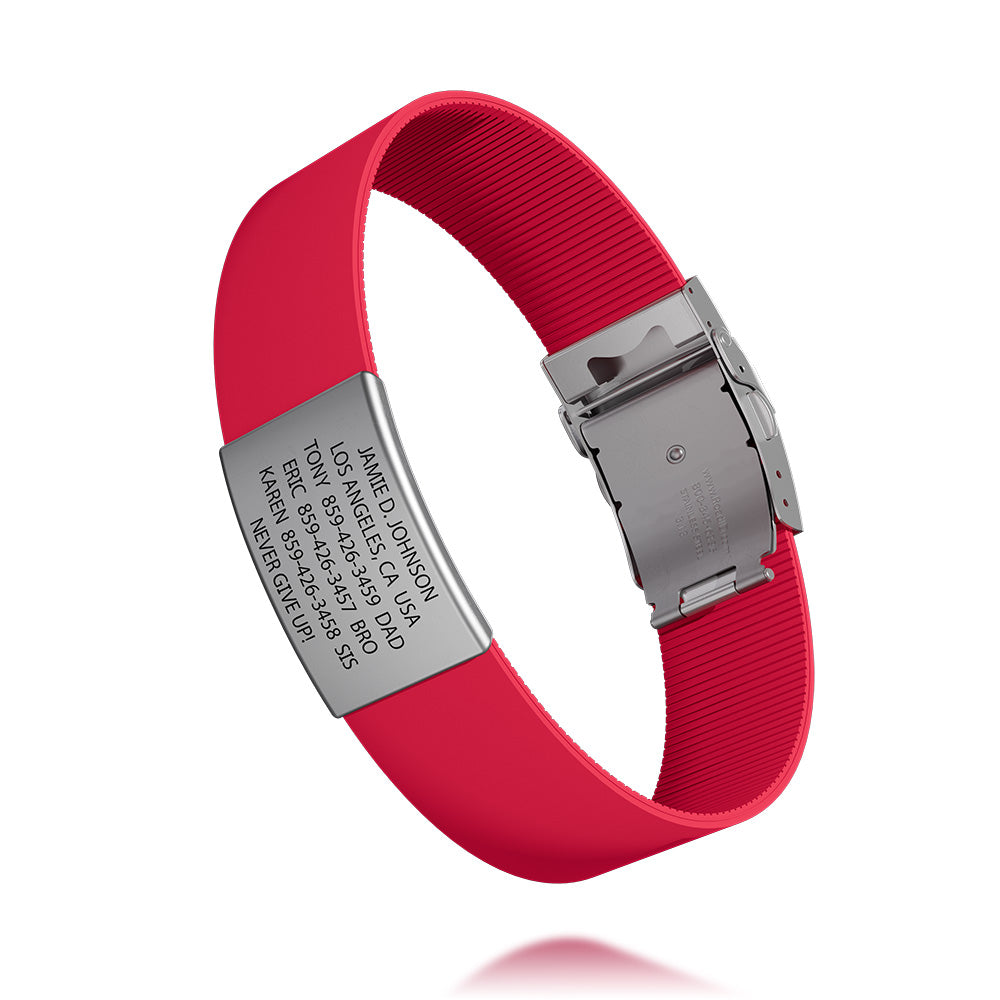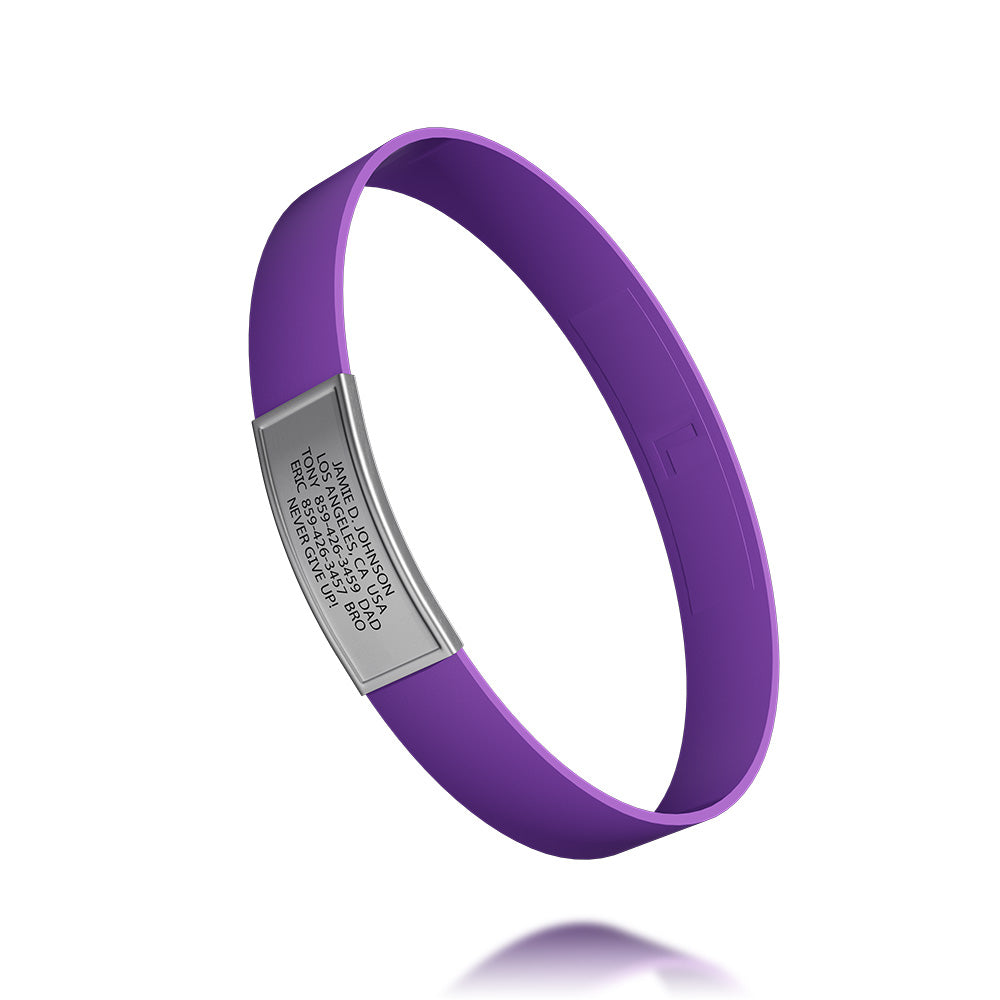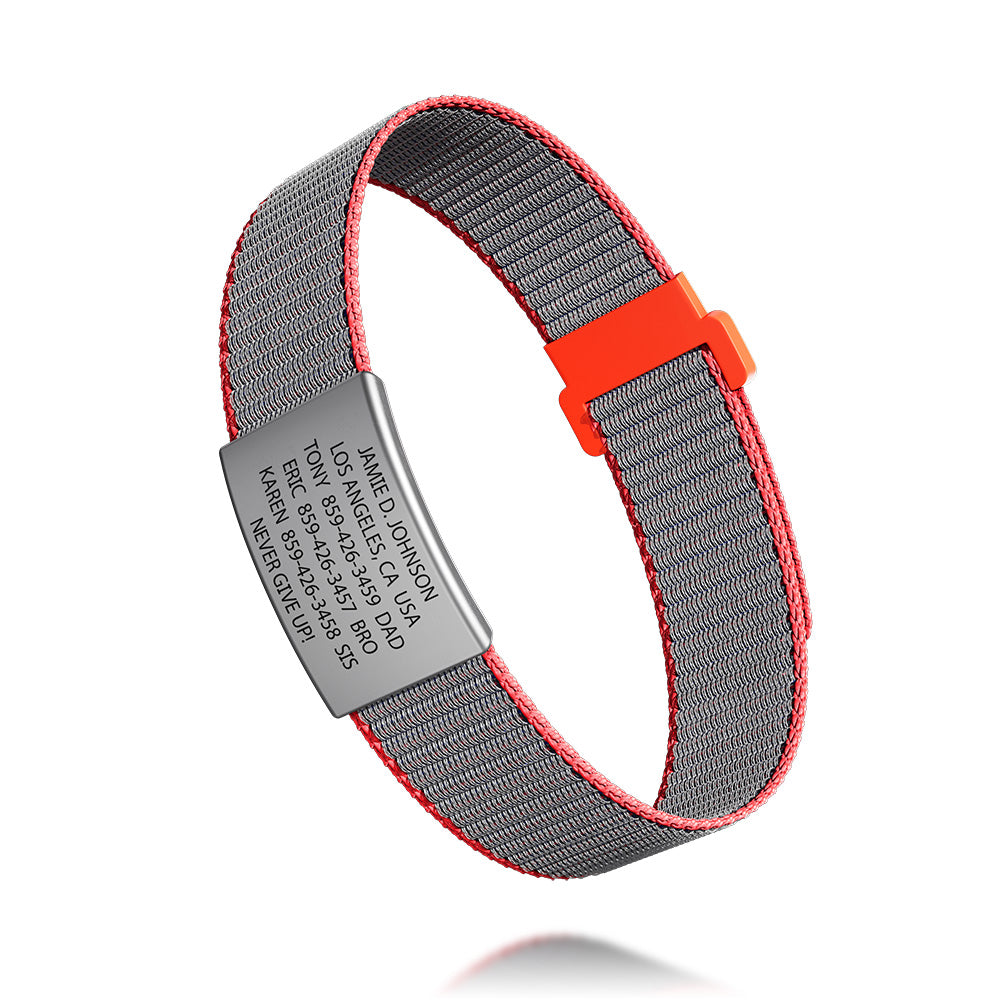Debbie Woodruff is a Team ROAD iD Ambassador, running coach and personal trainer with 38 marathons under her belt.
As a certified running coach, I love to coach beginners of all ages. It brings me joy both as an instructor and as a runner to help introduce people to this sport that we all love. While running can be as simple as putting one foot in front of the other and moving forward, there are many running questions that pop up along the way. Here are 10 of the running questions that I get asked most often.
- I want to start running but every time I try I get injured. What am I doing wrong?
A: You are probably trying to do too much too soon. If you are just starting an exercise program, it will take you a while to adapt not only to the increased cardiovascular exercise but to the impact that running incurs.
Begin with a run/walk program that will start you slowly and allow your body to adapt. The Couch to 5k program is popular, and I have a “Run a 5k” training program on my blog. Remember, you don’t have to run a race, but either program will get you running without injury.
- What is the best running shoe?
A: A better question would be, “what is the best running shoe for me?” There are many great running shoes available, and the one that works best will be the one that works best for you. Go to your local running store. These running professionals will talk to you about the type of running you do, any issues that you have had, watch your running stride, and recommend the best shoe for you.
- How many days a week should I run?
A: When you first start out, two or three days a week is a good goal and will get you fit. To continue to advance, you may want to add more days per week, depending on your goals. Try to give yourself two days a week off of running to recover and adapt, and don’t be afraid to take an extra day off occasionally if you’re feeling extra tired, sick, or if you have an injury.
- What should I eat before I run?
A: This can be tricky. Everyone is different. While some runners can handle a moderate breakfast of toast and fruit, others will feel heavy and nauseous with the same pre-run meal. If you are running in the morning, it depends on how far you will be running.
If it is just a few miles, you really don’t need anything. Sip a little water and you should be good to go. If you are running more than five miles, you will probably want to start with a light breakfast. A banana, a bowl of oatmeal, a half bagel with a little nut butter are all good choices. Experimentation may be needed to see what your stomach can handle.
If you run in the afternoon, timing your lunch or afternoon snack becomes important. Try some fruit, nuts or seeds, or another light snack two to three hours before your run.
- How do I get faster?
A: If you have run a race or two, feel comfortable running at your conversational pace, you can add a workout or two that will help you get faster. Try adding intervals on a track.
These will improve how your body processes oxygen, increase your leg turnover and your fitness level. After warming up for 10-15 minutes, run 400 meters (one lap) at a pace that is somewhat challenging, about 7-8 on a scale of 1-10. Rest for a minute, then repeat for a total of 8-12 times. To advance, you can increase the distance (to 800 meters), or the number of intervals (12-16).
Tempo runs are another way to get faster. Check here for details. Here are a couple of my favorite speed workouts.
- I am a fairly new runner and recently started to increase my mileage. Unfortunately, I notice that I frequently seem to rub myself raw during a long run, especially at the top of my thighs and my upper arms. What can I do to prevent this?
- I love to read about running. Do you have any suggestions?
- How important is stretching? Should it be done before or after my run?
Before running, most experts suggest you incorporate some dynamic stretches into your warmup routine, adding drills such as high knees, butt kicks, cariocas, and strides.
- I just started running and I find that I start itching within a mile of starting. Am I allergic to running?
The expansion of the blood capillaries sends impulses to the brain, which interprets this as itching. This sounds complicated but the solution is simple: Continue running and you will get in shape. Note: If the itching is accompanied by a rash, this could be an entirely different issue, such as Exercise Induced Anaphylaxis, a more serious condition, which should be diagnosed and treated by your doctor.
- I’m sick. Should I run?
But if your lungs are congested, if you have bouts of intense coughing, or have diarrhea or vomiting, it is best to skip your workout. Even if you decide to run, it is a good idea to complete a light workout, and stop if you start to feel worse, have any dizziness or nausea.
Need a little help getting started? I am an RRCA Certified Running Coach and I can create a personalized running program just for you. Check here for more information.

